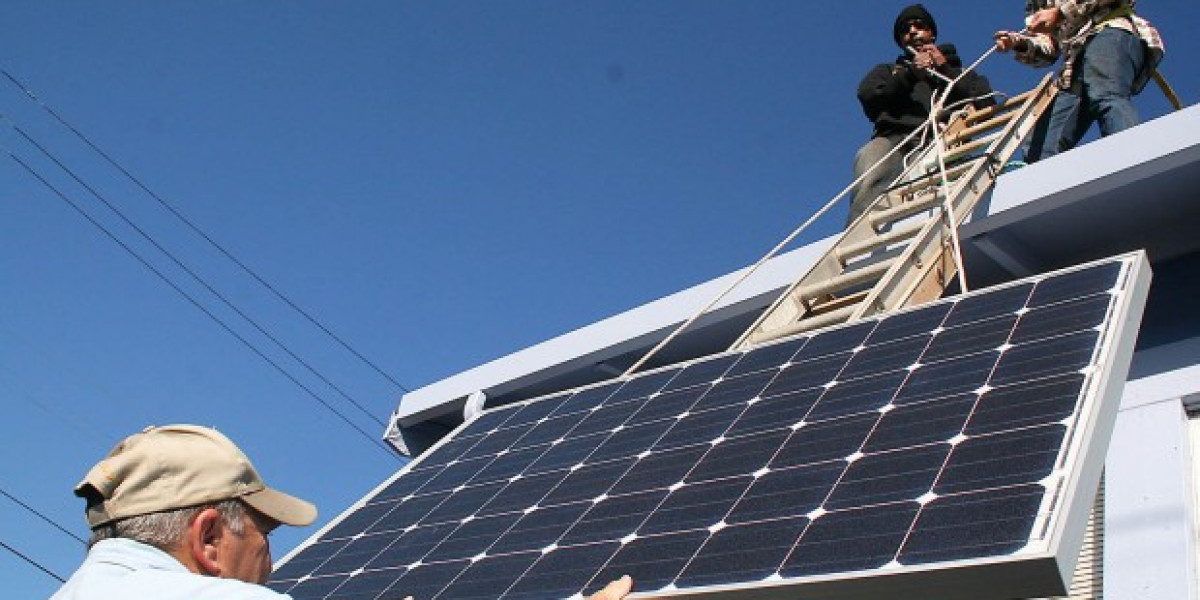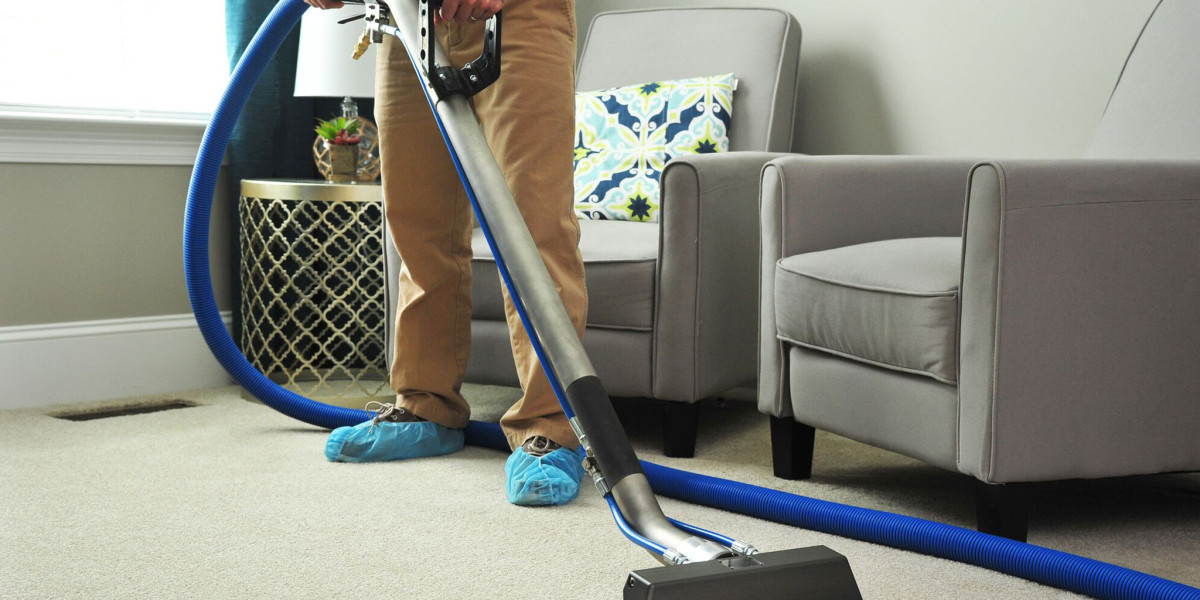Deciding between solar panels and a small wind turbine can seem like a tangle of numbers, neighborhood guidelines, and guarantees. The short answer for most proprietors: solar wins extra often. But the whole image is predicated upon roof publicity, close by wind patterns, close by policies, and what you need from the gadget — financial savings, backup electricity, or truly reducing your footprint.
Solar is simple to spot on a community street. Panels sit flat and quiet, mixing into roofs. Wind, with the aid of comparison, announces itself: generators spin, want clearance, and typically stand on tall towers. Those differences in subjects whilst you’re evaluating practicality for an average residence. Nationwide, rooftop structures are far extra no longer commonplace and much less tough to install than domestic wind setups.
How the numbers usually stack up
Costs tell a massive part of the tale. For a fashionable domestic, the all-in cost for a rooftop machine has a tendency to be decrease than the fee of a small wind turbine of similar annual output. Wind generators for homes could have better in-line kilowatt charges and frequently require extra foundations, towers, and renovation. Meanwhile, the fee in step with watt for solar hardware and setup keeps falling, and masses of house owners qualify for tax credit and rebates that tilt the maths in prefer of rooftop structures.
- Solar: predictable charges, falling costs, truth flows in plenty of locations.
- Wind: better variability, internet site-hooked up returns, and extra complicated permitting.
If your foremost query is “Which will shop me extra money?” begin by means of checking how an lousy lot sun your roof receives and the way windy your home truly is over the 12 months. For the majority of suburban and concrete homes, Residential Solar Panel Installation is the clearer route to steady financial savings.
Location, vicinity, location
Wind can outperform solar if you stay on an extensive, exposed hill or a coastal bluff where not-unusual wind speeds are high and regular. But most backyards are sheltered by using timber, houses, or terrain — and that variability cuts a turbine’s output dramatically. Solar is a long way, an awful lot less choosy. Even in locations with modest solar, panels produce useful electricity across seasons. For owners without regular, moderate winds, Residential Solar Panel Installation generally offers a more reliable return.
Maintenance and durability
Maintenance is the other realistic perspective. Solar panels require little more than an occasional rinse and periodic assessments. Inverters and batteries need interest, but now not something like the mechanical protection a wind turbine needs: blade inspections, tower tests, lubrication, and hurricane readiness. Over a system’s existence, that difference contributes to the general ownership fee. If you opt for a low-fuss machine, Residential Solar Panel Installation frequently fits better into normal lifestyles.
Storage, resilience, and grid interaction
Both technologies pair with storage, however batteries are a much more common related to rooftop solar. A battery helps you to use solar electricity at night and provides backup in the course of outages. That mixture — panels plus storage — is a practical resilience method for plenty of house proprietors. Wind with storage works too; however, due to the fact that home wind output may be unpredictable, sizing and economics become trickier. If backup electricity is a priority, pairing batteries with Residential Solar Panel Installation tends to be the simpler, more predictable course.
Community and regulatory realities
Local rules form what’s feasible. Some towns restrict turbine heights or require special permits. HOAs and pals may additionally object to visible towers. Solar faces fewer such boundaries in many jurisdictions. Net metering and community incentive packages additionally will be predisposed to choose rooftop structures, which improves payback instances. Before investing, take a look at neighborhood permitting, HOA hints, and any application requirements that require purchase or credit score or additional age. Those pointers regularly decide which opportunity makes sense.

Practical checklist for owners
- Measure your roof’s sun exposure (tilt, azimuth, and shading).
- Check multi-12-month wind information for your house — brief observations aren’t enough.
- Get numerous special expenses — one installer’s estimate can differ drastically from another’s.
- Ask for lifetime manufacturing estimates, not just gadget length.
- Factor in protection and insurance expenses for mills; encompass inverter/battery warranties for sun.
A cautious internet site assessment will inform you whether or no longer a Residential Solar Panel Installation or a small wind turbine is the practical choice for your house.
Final thoughts
For maximum proprietors — especially the ones in towns, suburbs, or wooded neighborhoods —solar panels are the extra realistic, lower-priced, and lower-maintenance option. Wind can be a pinnacle-notch desire on open, windy homes; but, it calls for the proper internet page and a tolerance for greater mechanical protection. If you want regular financial savings, clean power, and easy operation, Residential Solar Panel Installation will normally be the smarter, easier funding.

